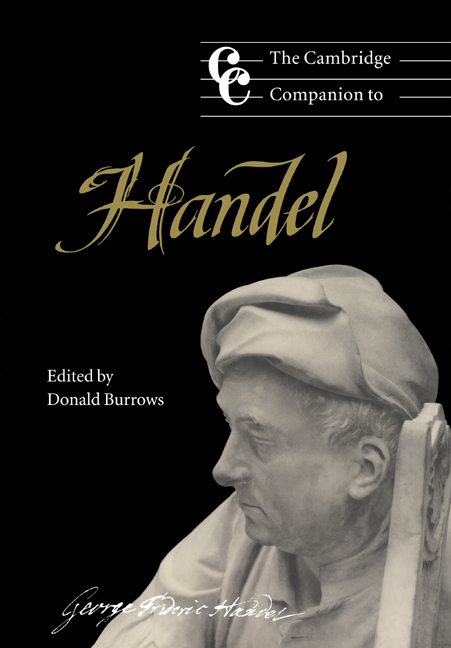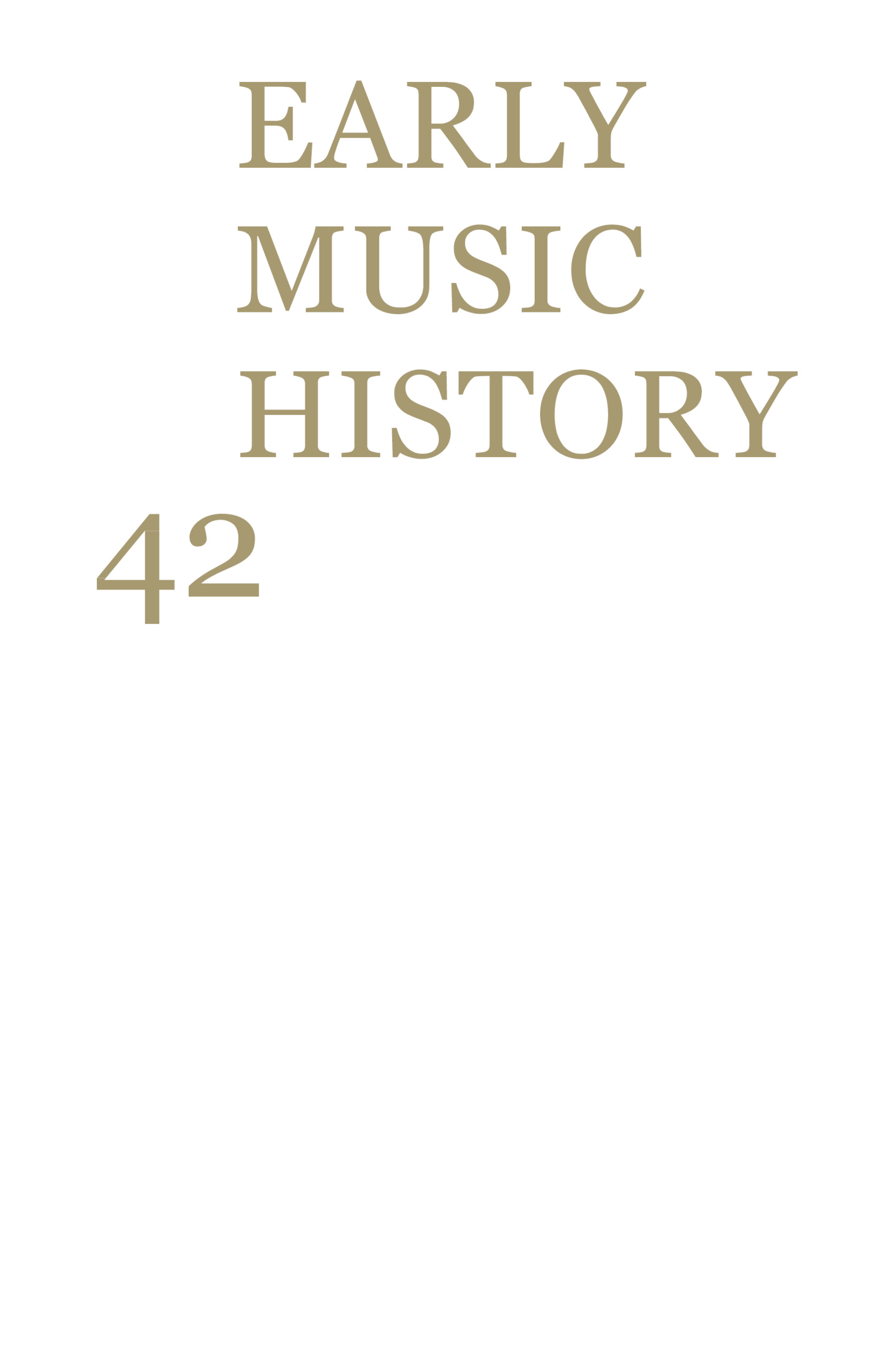Music in the London Theatre from Purcell to Handel
This book is concerned with a hundred years of musical drama in England. It charts the development of the genre from the theatre works of Henry Purcell (and his contemporaries) to the dramatic oratorios of George Frideric Handel (and his). En route it investigates the objections to all-sung drama in English that were articulated in the decades around 1700, various proposed solutions, the importation of Italian opera, and the creation of the dramatic oratorio - English drama, all-sung but not staged. Most of the constituent essays take an in-depth look at a particular aspect of the process, while others draw attention to dramatic qualities in non-dramatic works that also were performed in the theatre. The journey from Purcell to Handel illustrates the vigour and vitality of English theatrical and musical traditions, and Handel's dramatic oratorios and other settings of English words answer questions posed before he was born.
- Discusses a wide range of musical works performed in English theatres between c.1650 and 1750
- Explores what constituted good verse for setting to music
- Explores how widely and deeply ancient historical subjects were known to Handel's audiences and how he used them in his Italian operas
Reviews & endorsements
'The volume is well edited and clearly and attractively laid out, with footnotes, some of them quite extensive, conveniently presented on the page to which they refer. There are a few musical examples; a bibliography and an index are provided. This excellent collection of papers will be of value to anyone interested in English baroque music and its literary and theatrical connections.' Robert Manning, The Consort Early Music Journal
'This volume of traditional musicology is well wrought, meets the editors' goal of redefining the idea of 'theatre music', and provides, both deliberately and inadvertently, plenty of food for thought.' David Hunter, Notes
Product details
August 2017Hardback
9781107154643
284 pages
253 × 182 × 19 mm
0.74kg
2 b/w illus. 16 music examples
Available
Table of Contents
- List of figures
- Music examples
- Authors and editors
- Introduction
- Part I. From Purcell to Handel:
- 1. Purcell's 'scurvy' poets Roger Savage
- 2. Opera as literature and the triumph of music Martin Adams
- 3. The British Enchanters and George Granville's theory of opera Wolfgang Hirschmann
- 4. Lost chances: obstacles to English opera for Purcell and Handel Jeffrey Barnouw
- 5. Alexander's Feast, or The Power of Perseverance: Dryden's plan for English opera and its near-fulfilment in a Handel ode Andrew Pinnock and Bruce Wood
- Part II. Handel and Italian Opera:
- 6. Ombra mai fu: shades of Greece and Rome in the librettos for Handel's London operas Peter Brown
- 7. Handel and the uses of antiquity Reinhard Strohm
- 8. From Metastasio's Alessandro to Handel's Poro: a change of dramatic emphasis Graham Cummings
- 9. Deidamia as an 'heroi-comi-pastoral' opera Sarah McCleave
- Part III. Handel and English Works in the Theatre:
- 10. Seventeenth-century literary classics as eighteenth-century libretto sources: Congreve, Dryden and Milton in the 1730s and '40s Matthew Gardner
- 11. 'In this ballance seek a character': the role of 'Il Moderato' in L'Allegro, il Penseroso ed il Moderato Ruth Smith
- 12. 'Straight mine eye hath caught new pleasures': glancing and gazing spectatorship in Handel's L'Allegro, il Penseroso ed il Moderato Matthew Badham
- 13. Accompanied recitative and characterisation in Handel's oratorios Liam Gorry
- 14. Handel, Charles Jennens and the advent of scriptural oratorio John H. Roberts
- Bibliography
- Index.






